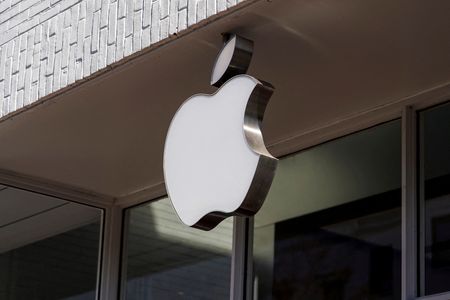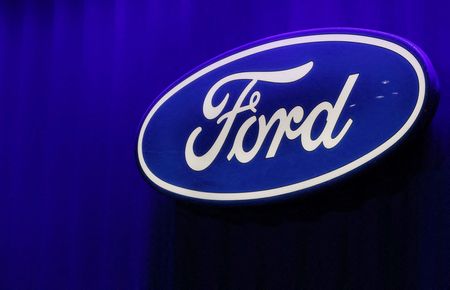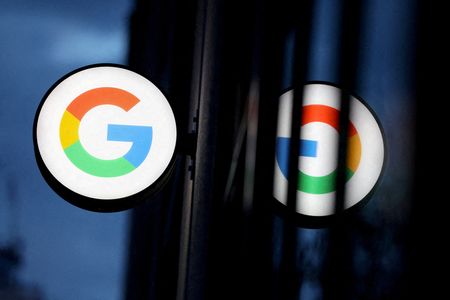 1
1 1
1




By Dawn Chmielewski and Ross Kerber
(Reuters) – Some of America’s best-known companies including Apple, Google, Ford and Harley-Davidson rebuked and rejected Russia for its invasion of Ukraine, under steady pressure from investors and consumers decrying the violence.
Apple Inc late on Tuesday said it had stopped sales of iPhones and other products in Russia, adding that it was making changes to its Maps app to protect civilians in Ukraine.
Alphabet Inc’s Google dropped Russian state publishers from its news, and Ford Motor, with three joint venture factories in Russia, told its Russian manufacturing partner it was suspending operations in the country. Motor cycle maker Harley-Davidson Inc suspended shipments of its bikes.
Many corporations have been unusually clear in their condemnation of Russia.
“We are deeply concerned about the Russian invasion of Ukraine and stand with all of the people who are suffering as a result of the violence,” Apple said in a statement announcing a pause in sales in Russia.
The steady drum beat of companies taking a stance increased later in the day as rockets struck major cities in Ukraine.
“Ford is deeply concerned about the invasion of Ukraine and the resultant threats to peace and stability. The situation has compelled us to reassess our operations in Russia,” Ford said, adding to several days of announcements by global car companies.
Boeing suspended parts, maintenance and technical support services for Russian airlines, a Politico reporter tweeted. The U.S. plane maker suspended major operations in Moscow and will also temporarily closed office in Kyiv, the tweet said.
Restriction from the West have hit the Russian economy hard, with the rouble currency hitting a record low of 117 to the dollar, down from 75 before Russia recognized two breakaway regions in Ukraine. Financial isolation is rising as shipping companies say they will not serve Russian ports.
And a boom of investor interest in environmental, social and governance (ESG) factors, is making it more difficult for those companies that sit on the sidelines.
Russian companies are in particular peril with such Western investors, since they often are not open to talks to change their behavior, said TJ Kistner, vice president at Segal Marco Advisors, a large U.S. pension consultant.
Western investors may respond by pulling out. “The only course of action for many is simply divestment,” Kistner said.
Moscow has responded by temporarily curbing foreign investors from selling Russian assets.
Big Tech companies also are continuing efforts to stop Russian forces from taking advantage of their products.
Apple said it had blocked app downloads of some state-backed news services outside of Russia, adding, “We have disabled both traffic and live incidents in Apple Maps in Ukraine as a safety and precautionary measure for Ukrainian citizens.”
(Reporting by Paresh Dave in Oakland; Ross Kerber in New York; Dawn Chmielewski in Los Angeles; Writing by Peter Henderson; Editing by Stephen Coates)